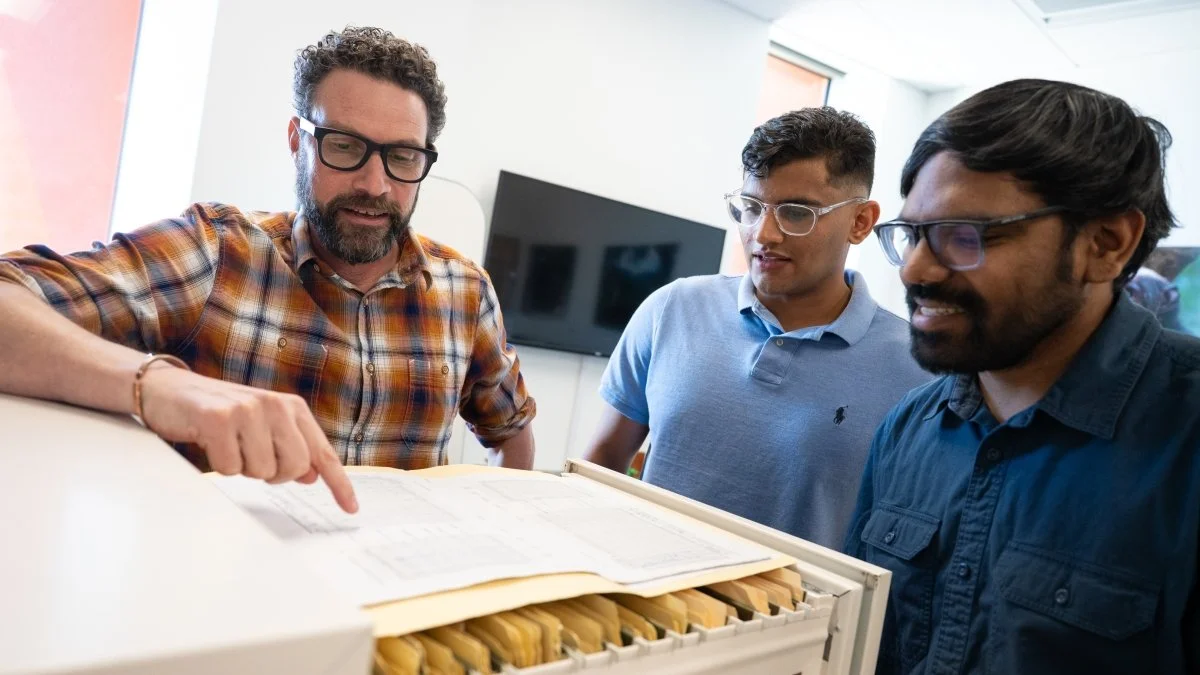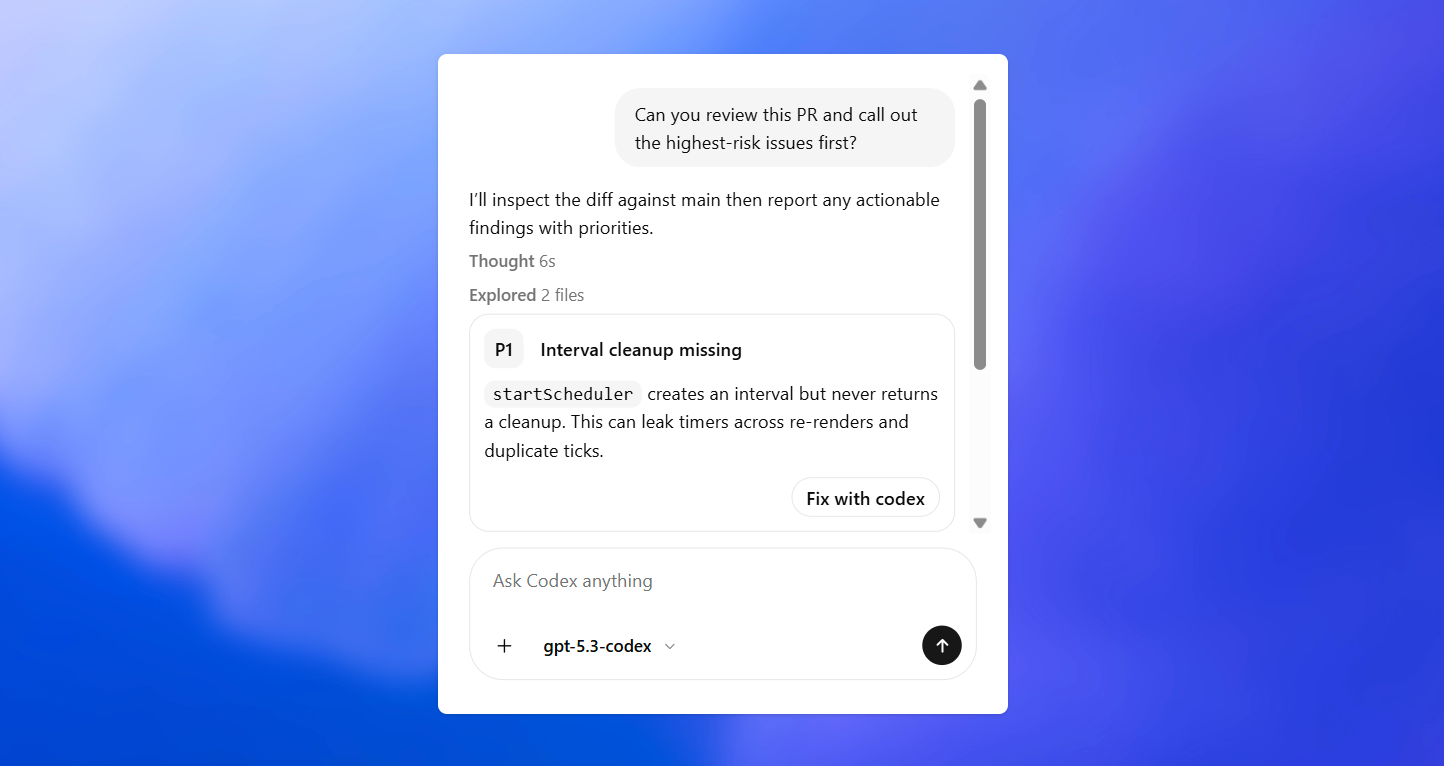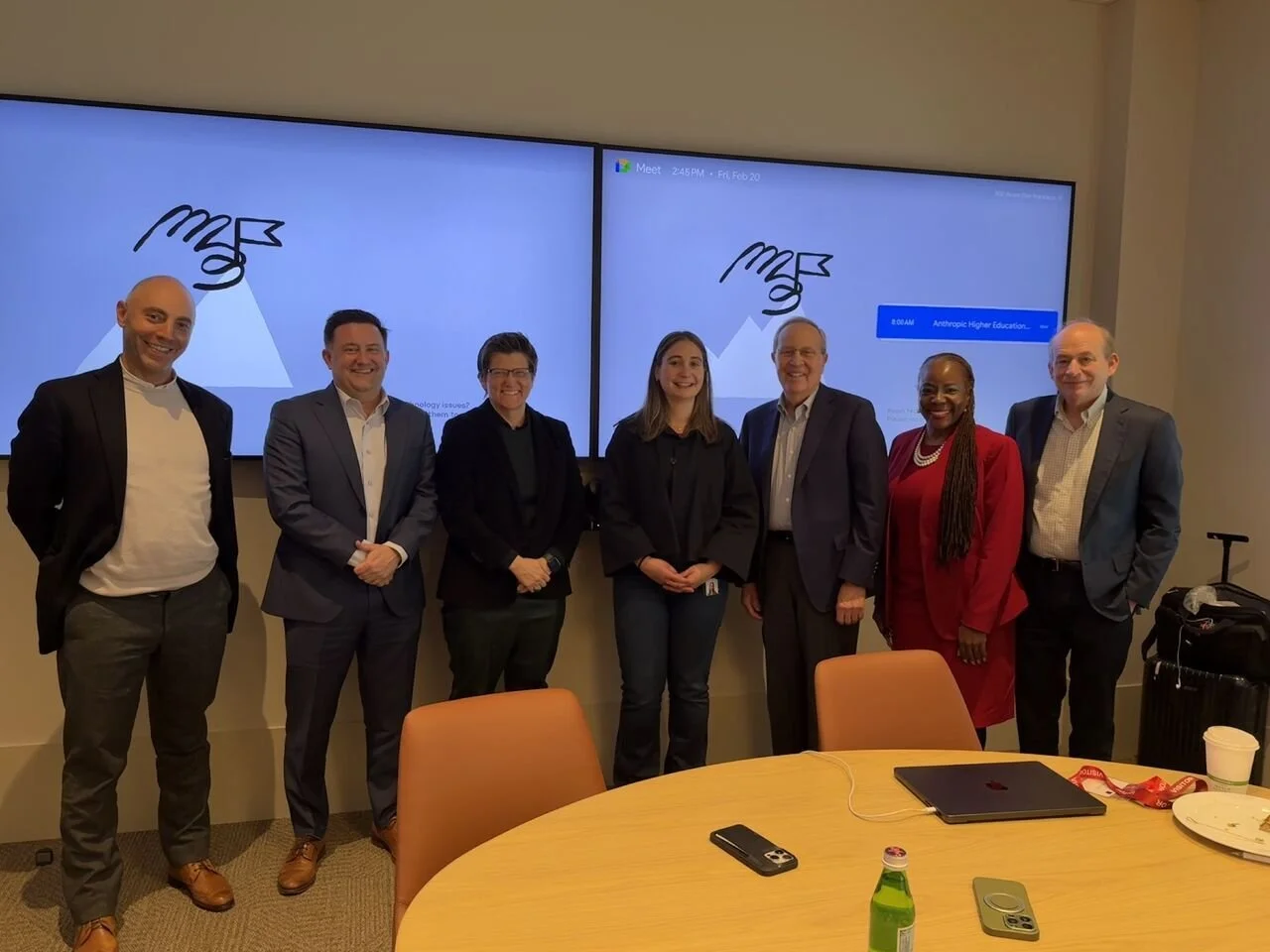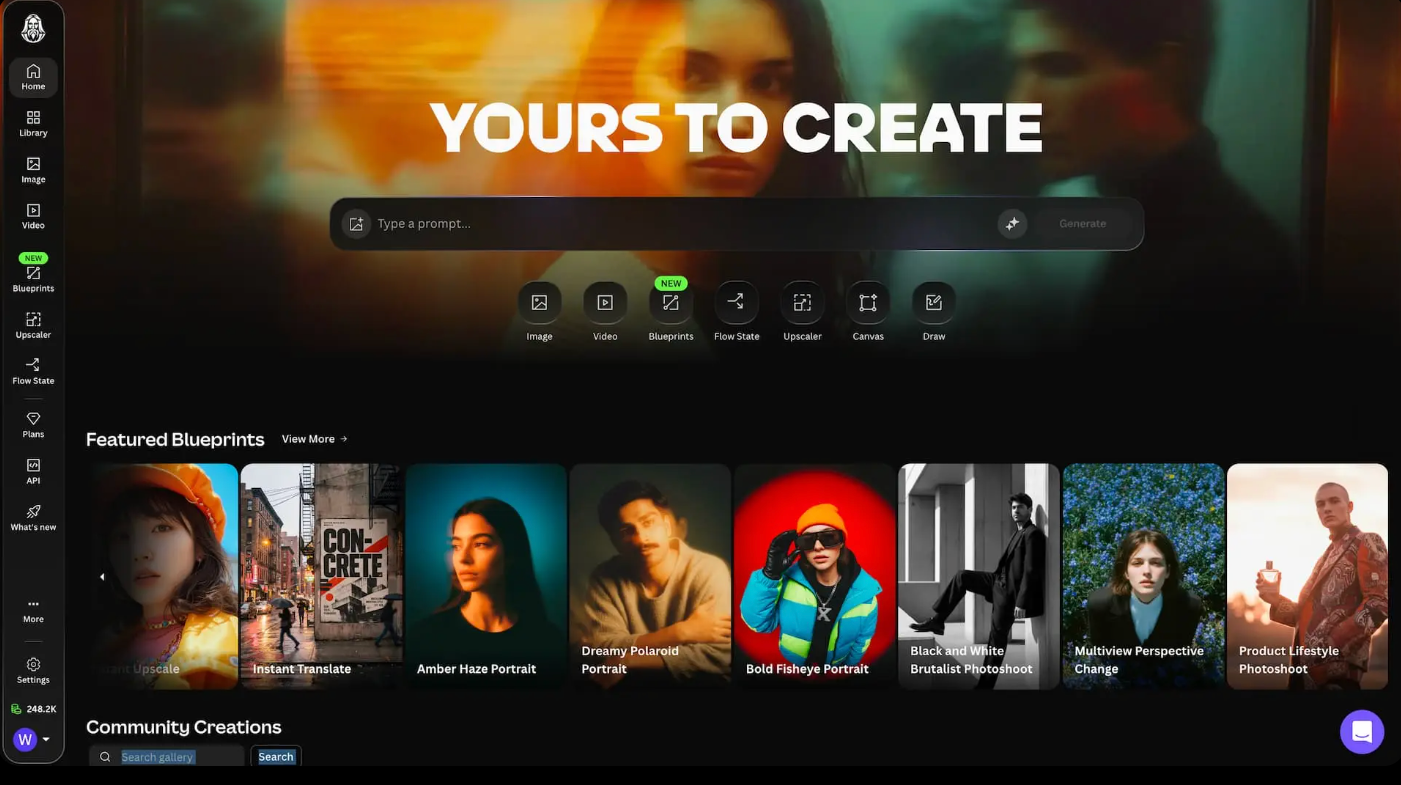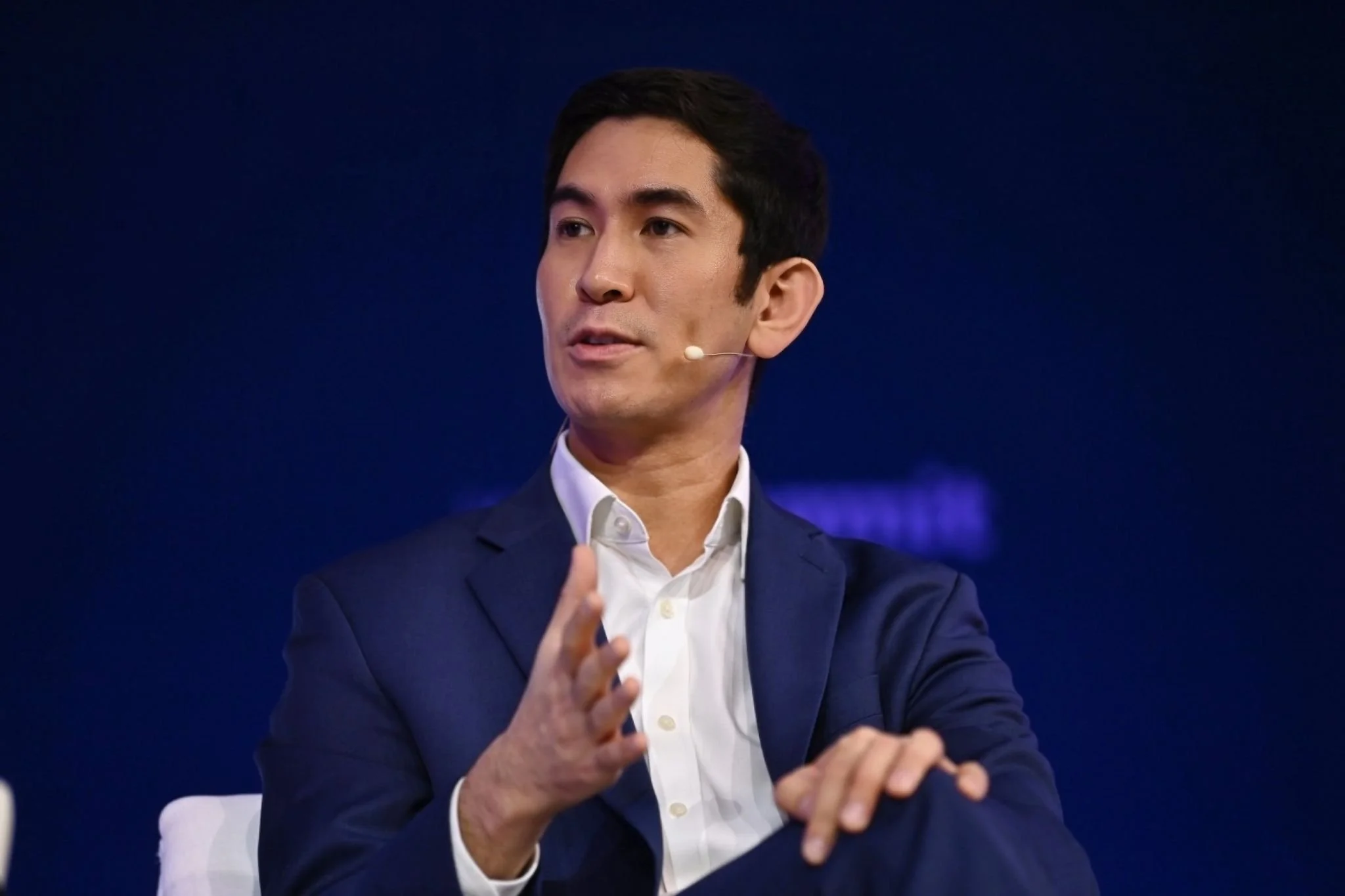Anthropic expands Claude’s role in higher education and national research with new university tools and federal lab deployment
Claude is set to play a wider role in academic learning and scientific research as Anthropic launches new integrations for education providers and expands its AI platform across Lawrence Livermore National Laboratory.
Anthropic, the AI company behind the Claude family of large language models, has announced new developments in both its education and enterprise strategies.
The company has expanded partnerships with universities, launched new tools for academic platforms, and scaled its enterprise platform across Lawrence Livermore National Laboratory (LLNL), one of the U.S. Department of Energy’s premier research institutions.
Anthropic develops frontier artificial intelligence systems including Claude, a generative AI assistant. The company works across the education, government, and enterprise sectors with a focus on safe and responsible AI deployment.
Claude for Education: Integrations and new partnerships
Anthropic has confirmed new integrations with Wiley and Panopto that are designed to allow students to reference lecture transcripts, textbooks, and other academic content directly within Claude. The integrations are being rolled out over the coming weeks using pre-built Model Context Protocol (MCP) servers.
Anthropic has also introduced support for Canvas LTI (Learning Tools Interoperability), enabling students to use Claude within Canvas courses without leaving the learning environment. According to Anthropic, all student conversations are private by default and excluded from model training. The company has restricted self-serve data exports and requires formal institutional approval for data requests.
Recent university partnerships include the University of San Francisco School of Law, which is embedding Claude into its Evidence curriculum to give students experience applying language models to real-world litigation scenarios.
“We’re excited to introduce students to the practical use of LLMs in litigation,” says Johanna Kalb, Dean of the University of San Francisco School of Law. “One way we’re doing this is through our Evidence course, where this fall, students will gain direct experience applying LLMs to analyze claims and defenses, map evidence to elements of each cause of action, identify evidentiary gaps to inform discovery, and develop strategies for admission and exclusion of evidence at trial.”
Northumbria University is also adopting Claude as part of its approach to ethical AI innovation. Graham Wynn, Vice-Chancellor for Education at Northumbria, says, “The availability of secure and ethical AI tools is a significant consideration for our applicants, and our investment in Claude for Education will position Northumbria as a forward-thinking leader in ethical AI innovation.”
Student initiatives and training programs
Anthropic has expanded its student ambassador program and opened applications for a new cohort this fall. The company is also launching Claude Builder Clubs on campuses worldwide, offering students opportunities to build AI-powered tools, participate in hackathons, and explore practical applications of AI regardless of their technical background.
These initiatives are part of Anthropic’s wider goal to “bridge long-standing equity gaps in learning,” while developing a scalable and ethical foundation for AI in education. The company says it will continue working with academic institutions to support responsible deployment.
Claude for Enterprise: Scaling up at Lawrence Livermore National Laboratory
Anthropic also confirmed that Claude for Enterprise is being expanded across Lawrence Livermore National Laboratory, providing access to approximately 10,000 researchers and staff. The deployment follows a pilot program and will support AI-driven research in nuclear deterrence, climate science, materials science, and other national security domains.
Greg Herweg, Chief Technology Officer at LLNL, says, “LLNL has always been at the cutting edge of computational science. This expanded partnership demonstrates how frontier AI can amplify the capabilities of world-class researchers working on some of humanity's most pressing challenges.”
Claude is being used across a range of LLNL teams, including those working on fusion energy, computational biology, 3D printing, and high-performance computing. The platform includes support for large context windows—allowing users to process entire codebases or datasets in a single query—and incorporates enterprise-grade features such as single sign-on, audit logging, and role-based access controls.
Thiyagu Ramasamy, Head of Public Sector at Anthropic, adds, “We’re honored to support LLNL's mission of making the world a safer place through science and technology. This partnership shows what's possible when Anthropic’s cutting-edge AI meets world-class scientific expertise.”
AI expansion across sectors
The developments at LLNL and in higher education reflect Anthropic’s dual strategy of driving enterprise and academic engagement while maintaining a focus on privacy, accessibility, and responsible use. Both updates follow Anthropic’s continued rollout of Claude for Enterprise and Claude for Education across public and private institutions.
As AI tools continue to be embedded in scientific research, education, and policy, Anthropic says it will continue to work with partners to build systems that promote transparency, data integrity, and long-term access.
Wynn adds, “Empowering students and staff, providing cutting-edge learning opportunities, driving social mobility, and powering an inclusive economy are at the heart of everything we do.”
RTIH AI in Retail Awards
Our sister title, RTIH, organiser of the industry leading RTIH Innovation Awards, proudly brings you the first edition of the RTIH AI in Retail Awards, which is now open for entries.
As we witness a digital transformation revolution across all channels, AI tools are reshaping the omnichannel game, from personalising customer experiences to optimising inventory, uncovering insights into consumer behaviour, and enhancing the human element of retailers' businesses.
With 2025 set to be the year when AI and especially gen AI shake off the ‘heavily hyped’ tag and become embedded in retail business processes, our newly launched awards celebrate global technology innovation in a fast moving omnichannel world and the resulting benefits for retailers, shoppers and employees.
Our 2025 winners will be those companies who not only recognise the potential of AI, but also make it usable in everyday work - resulting in more efficiency and innovation in all areas.
Winners will be announced at an evening event at The Barbican in Central London on Wednesday, 3rd September.






